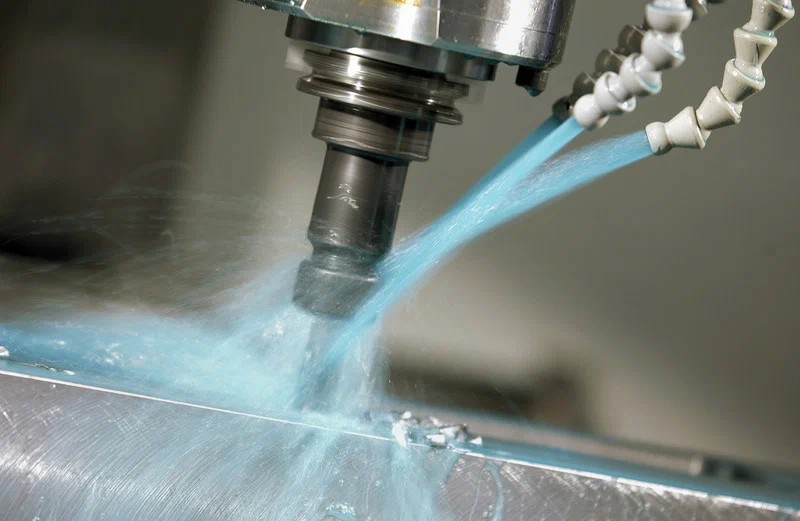Metalworking Fluids Market: Understanding the Impact of Automation and AI on Fluid Management

The rise of automation and artificial intelligence (AI) is revolutionizing fluid management in the metalworking fluids (MWF) market, redefining how manufacturers monitor, maintain, and optimize their operations. As industrial processes become faster, more precise, and data-driven in 2025, MWFs are evolving from simple consumables to strategic assets within smart manufacturing environments.
At the core of this transformation is the integration of AI-powered monitoring systems. These technologies use sensors to continuously track key fluid parameters such as pH, concentration, temperature, and contamination levels during the machining process. AI algorithms then analyze the data in real time, identifying patterns and predicting when a fluid needs to be adjusted, replaced, or filtered. This predictive maintenance minimizes unplanned downtime, extends the life of both the fluids and machinery, and significantly reduces operational costs.
Automation is further streamlining fluid management through centralized control systems. In modern facilities, automated dosing units can respond instantly to AI-generated insights, adjusting fluid concentration levels or replenishing fluids without human intervention. This ensures consistent fluid quality and reduces the risk of manual errors, which are common in traditional fluid handling methods.
The implementation of AI also enhances decision-making across the production line. Instead of relying on routine schedules or guesswork, manufacturers can now make data-informed decisions that optimize every aspect of fluid usage. This means longer tool life, reduced waste, better surface finishes, and improved energy efficiency. Over time, these advantages contribute to higher productivity and a more competitive manufacturing operation.
Moreover, the combination of AI and automation supports broader sustainability goals. By monitoring and controlling fluid usage with high precision, manufacturers can cut down on overuse and waste, while also minimizing the environmental impact of fluid disposal. Some systems even integrate with recycling technologies, enabling fluids to be reused multiple times while maintaining their effectiveness.
This tech-driven shift is also empowering smaller and mid-sized manufacturers. With the increasing affordability and scalability of smart fluid management systems, companies of all sizes can now leverage automation and AI to improve efficiency and stay competitive in a rapidly evolving market.
In conclusion, the impact of automation and AI on metalworking fluid management is profound. These technologies are not only boosting operational efficiency and reducing costs, but also driving smarter, cleaner, and more responsive manufacturing practices. As Industry 4.0 continues to evolve, intelligent fluid management will be a key pillar of next-generation industrial success.
- Art
- Causes
- Crafts
- Dance
- Drinks
- Film
- Fitness
- Food
- Games
- Gardening
- Health
- Home
- Literature
- Music
- Networking
- Other
- Party
- Religion
- Shopping
- Sports
- Theater
- Wellness


